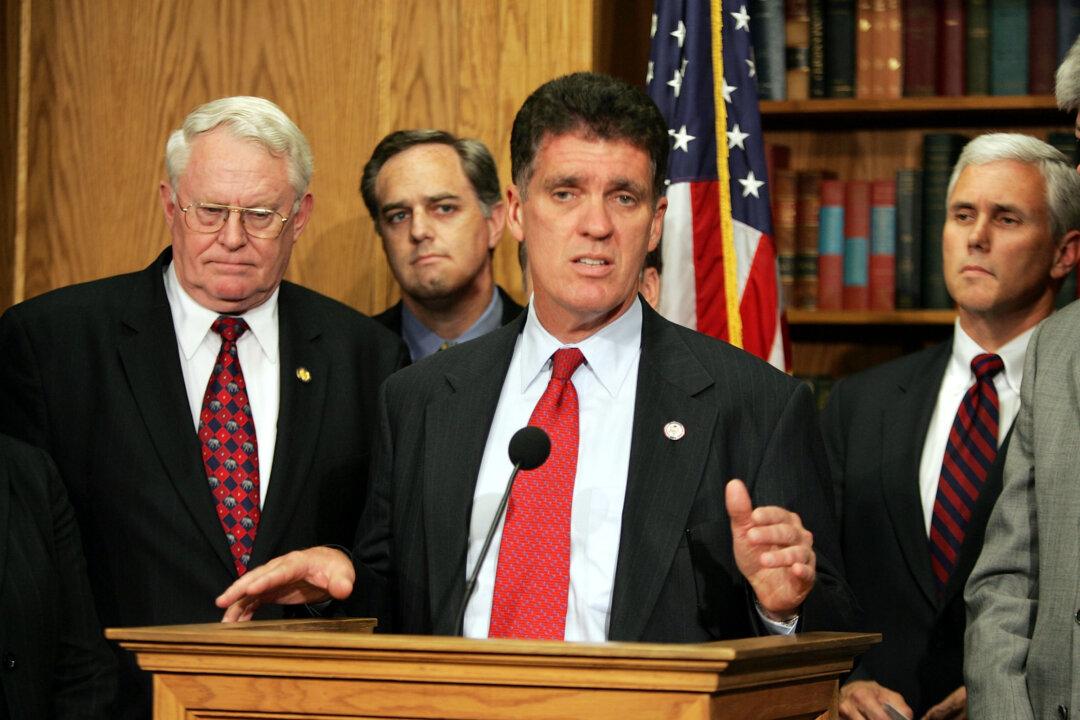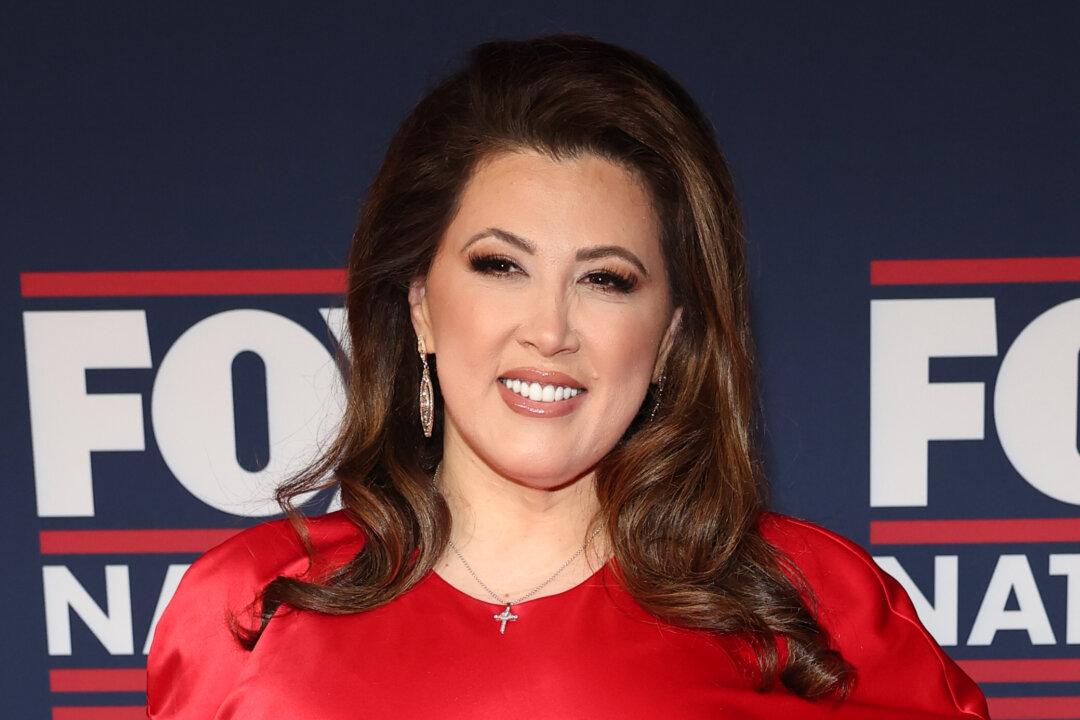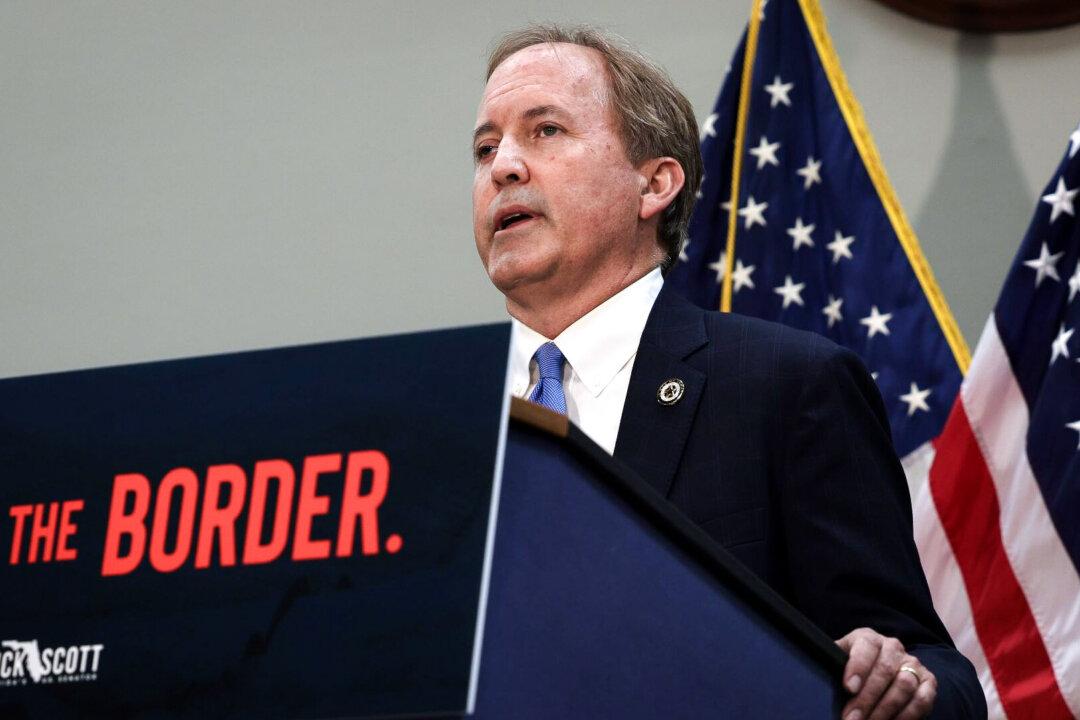Australian Prime Minister Scott Morrison has rejected the Russian embassy’s statement alleging the people who live in Donetsk and Luhansk, the two pro-Russia areas of Ukraine, were at “imminent threat of ethnic cleansing.”
“We completely reject the claims that Russia has made in relation to Ukraine and the territories that they’ve come and effectively already occupied. And the world has to continue to stand strong on this,” Morrison said.
This came after Russia’s ambassador Alexey Pavlovsky was summoned to the Department of Foreign Affairs and Trade after Russia moved to recognise Donetsk and Luhansk as independent people’s republics and as the Australian government announced a new package of unilateral sanctions.
“In alignment with its key partners, Canberra has played its part in supporting and encouraging the xenophobic bullies based in Kyiv,” the statement read, adding that civilians in Donetsk and Luhansk “faced the imminent threat of ethnic cleansing.”
The embassy also disputed Morrison’s assertion that Australia stands up to bullies, saying Canberra had ignored the “plight of civilians in Donbass living for years under blockade and constant shelling from the Ukrainian military.”
“Recognising the Donetsk and Lugansk people’s republics was the only solution Russia felt compelled to take,” the statement read, adding that the move would guarantee the right of residents to “live in peace and preserve their language and cultural identity.”
“This decision by Russia will not be reverted.”
Australian Foreign Minister Marise Payne, who is currently in Europe, hit back at the Russian embassy’s claims that moving its forces into the two separatist Ukrainian regions as part of peacekeeping efforts.

“Any suggestions that there is a legitimate basis for Russia’s actions are pure propaganda and disinformation,” Payne said.
“The assertion by President Putin of Russian soldiers acting as peacekeepers is indeed an obscene perversion of the noble and vital role that generations of peacekeepers have played across the world.”
Australia Announces Sanctions
Australia announced a swathe of new sanctions and expansions to existing sanctions on Russian individuals, organisations, and banks as part of an international effort to “impose a sharp cost” on Russia for its actions.“Under a first phase, we will impose travel bans and targeted financial sanctions on eight members of Russia’s Security Council,” Payne and Morrison said in a joint statement on Feb. 23.
“The Council bears responsibility for the current phase of the invasion by providing policy advice and justification to President Putin’s unilateral declaration recognising the so-called Donetsk People’s Republic and the Luhansk People’s Republic.”
Australia’s international partners have announced similar sanctions.

Speaking to Sunrise, Morrison stressed that Australia had no quarrel with the people of Russia.
“This is about an autocratic, authoritarian government that is seeking to bully others. And those who support that regime cannot be enabled to go about their lives and move around the world doing their business and profiting from that violence,” he said.
“Now, I note that many have said, ‘Do you think that this will lead to Russia pulling back?’ I would hope so, but I don’t expect so,” Morrison said.
“The reason we’re doing this is there must be a price for the unprovoked, unlawful, unwarranted, unjustified attacks and threats and intimidation that has been imposed by Russia on Ukraine.”
Beijing Watching Ukraine ‘Very Carefully’
When queried if he thought that Beijing might be assessing how the world responds to the Ukraine situation as it considers its own potential strategies towards Taiwan, Morrison said he believed China was watching “very carefully.”He also noted that he believed that the Chinese had not gone far enough in condemning Russia’s actions, although Morrison said he welcomed that Beijing had called for tensions to be deescalated.

“But they need to go further and denounce the threats of violence and any suggestion there’s some sort of justification or pretext for this,” he said.
“Because bullying, wherever it’s occurring, and particularly in our own region, is things that we have, in my government, has always stood up very strongly to.”





